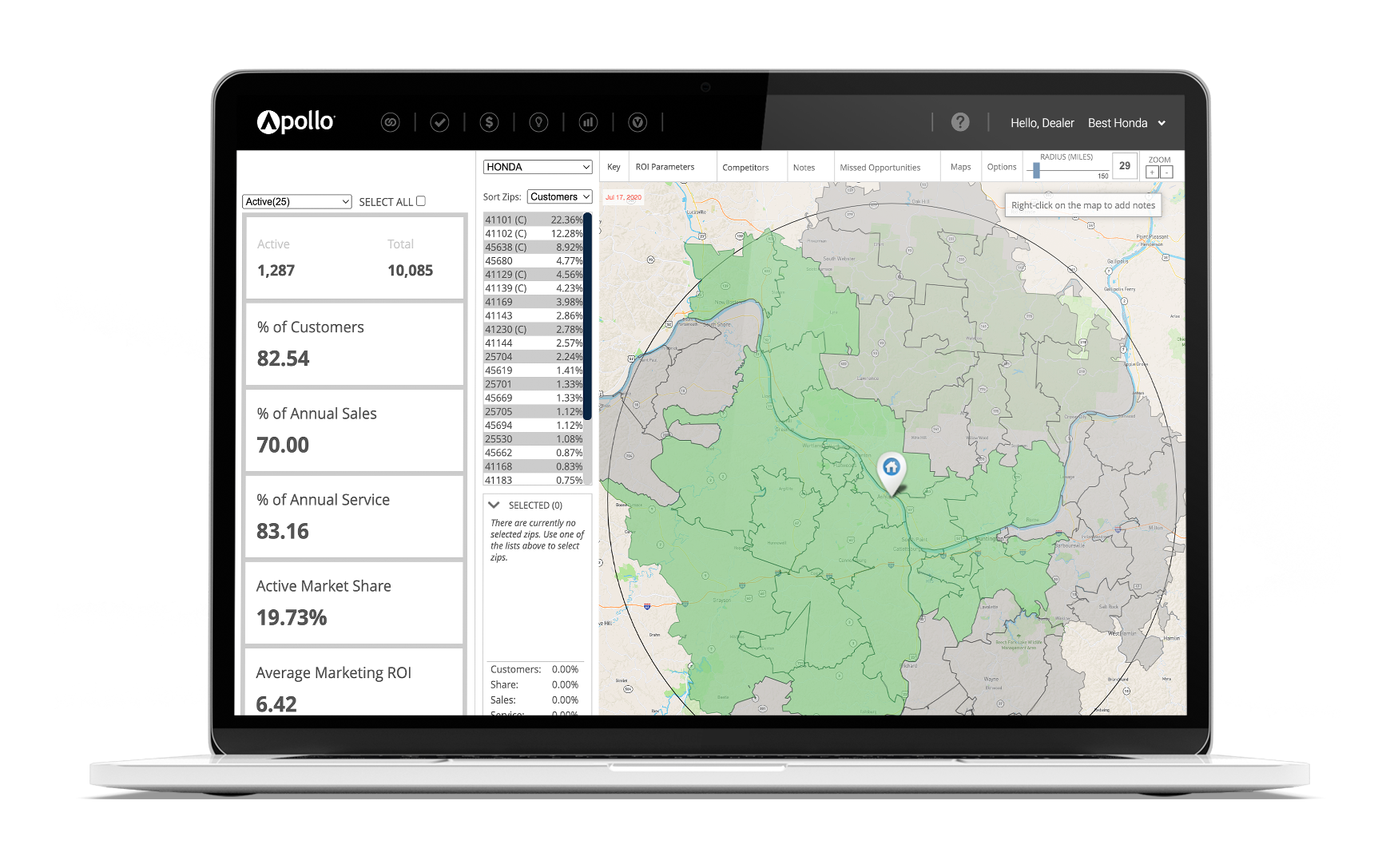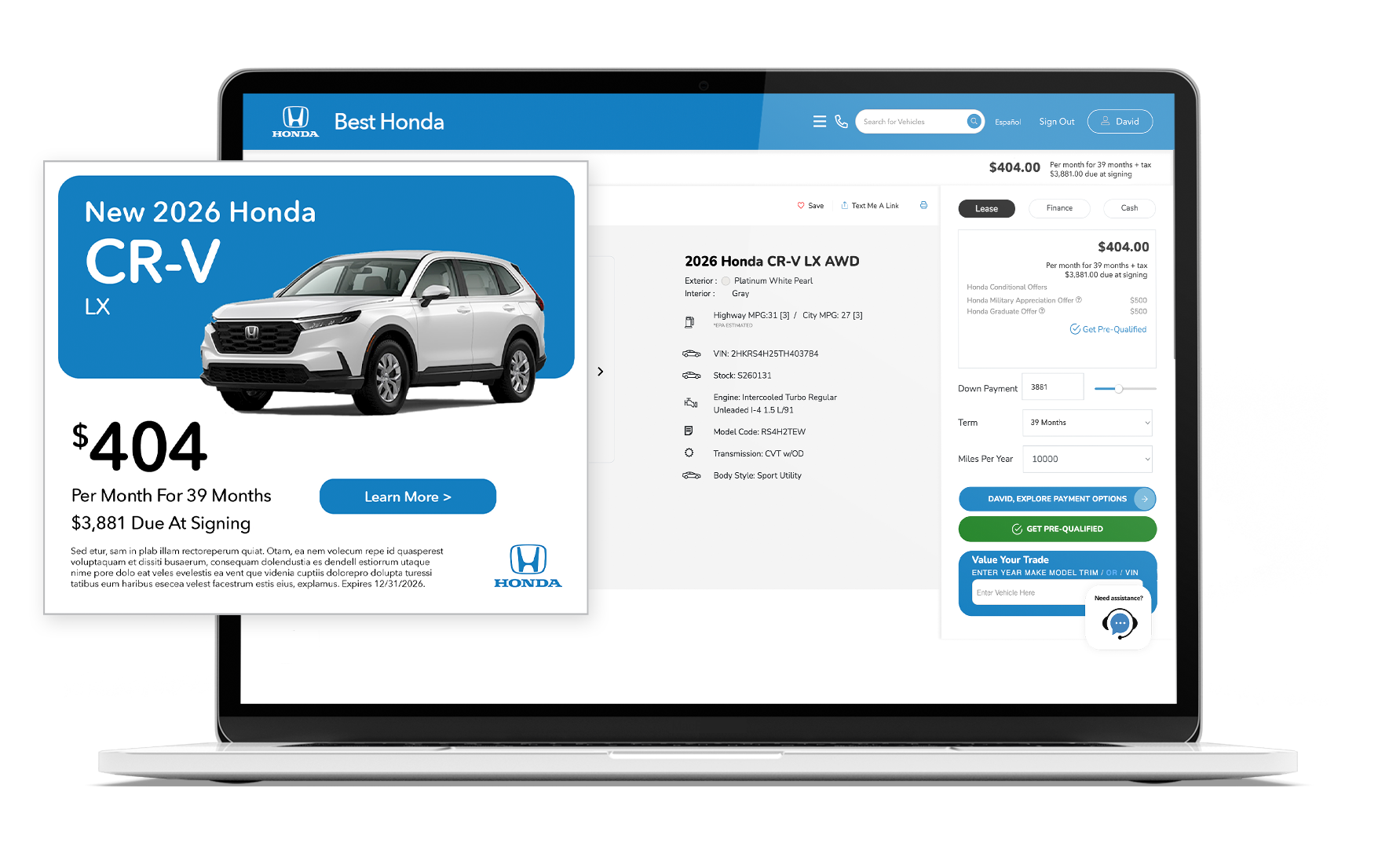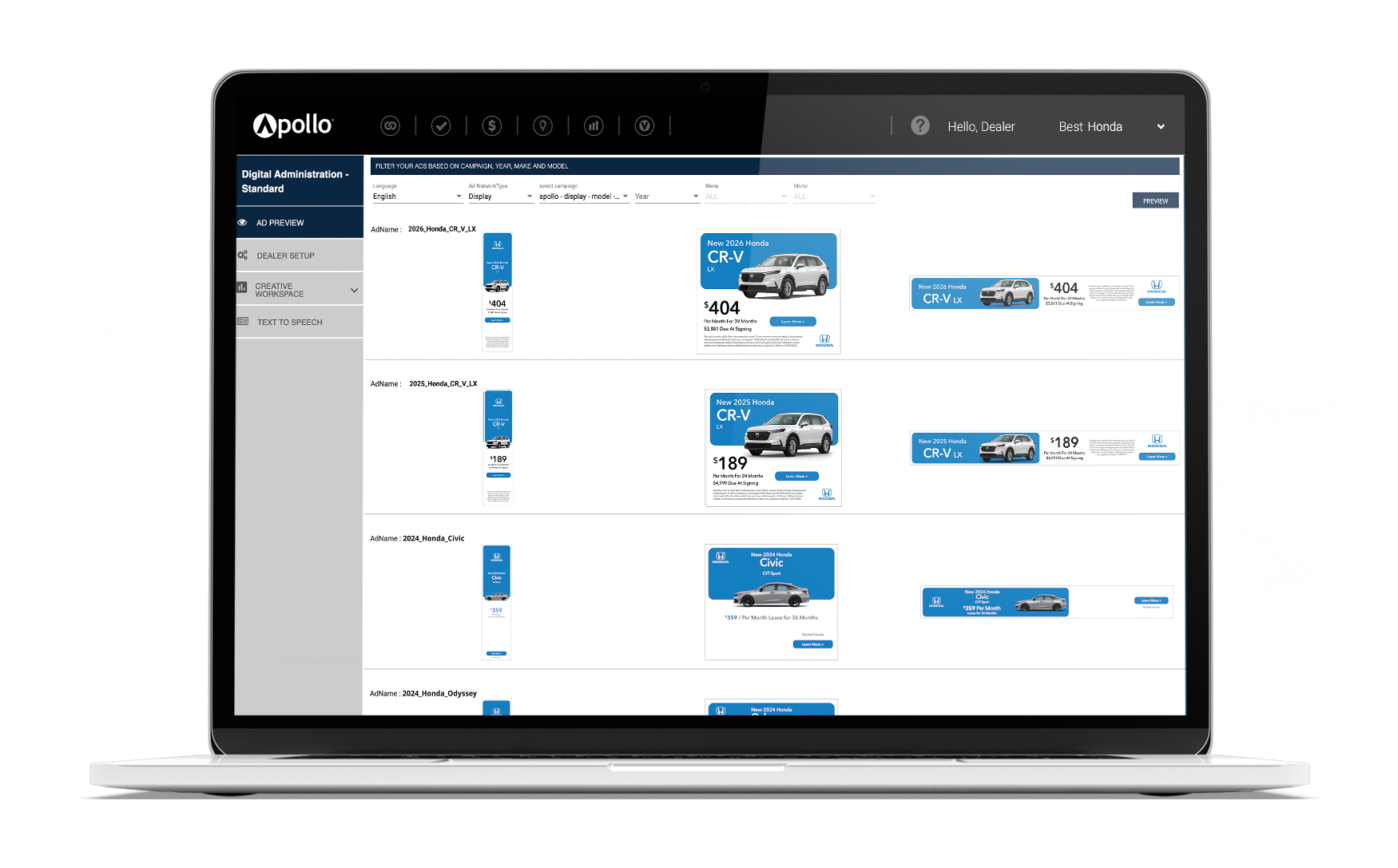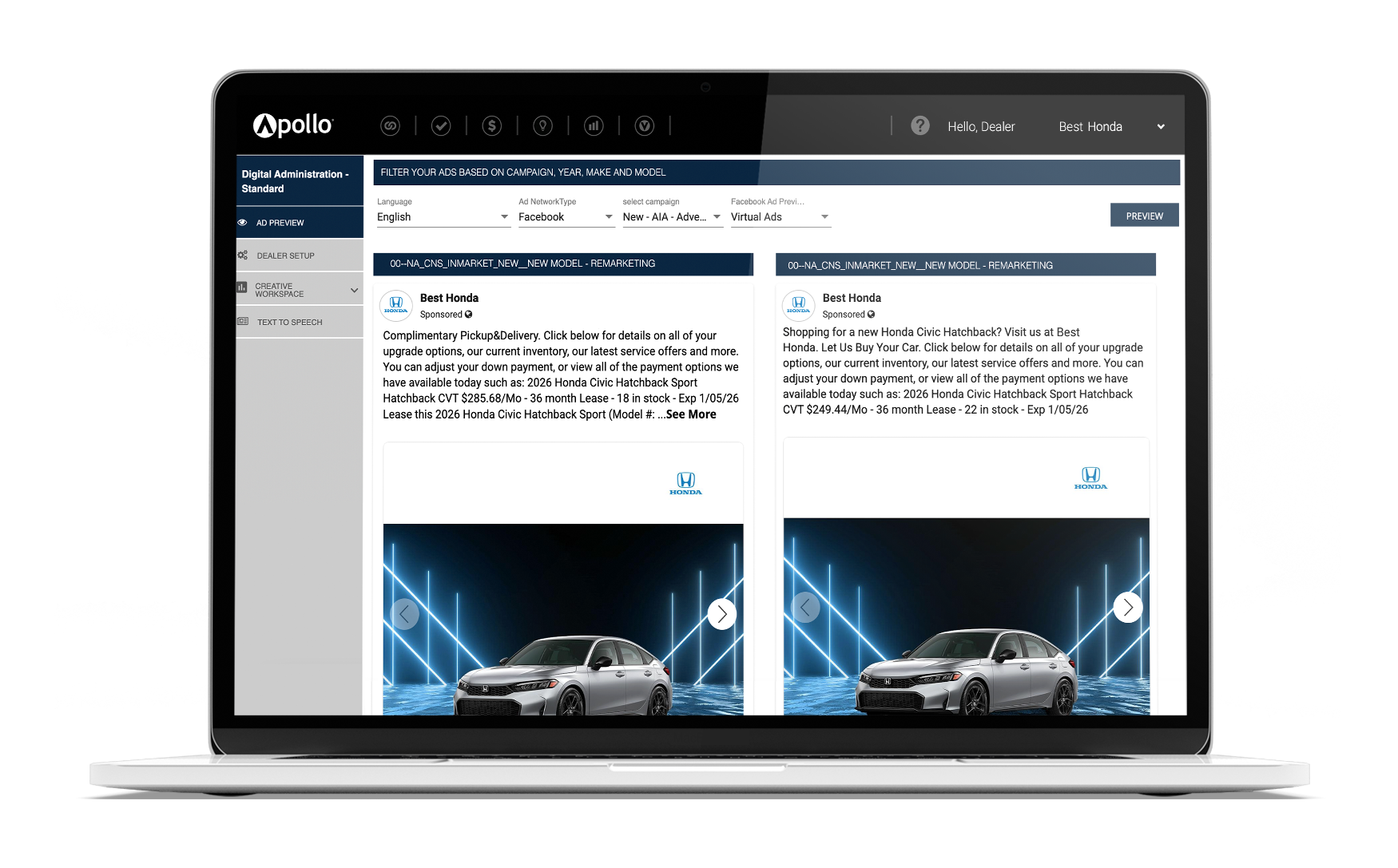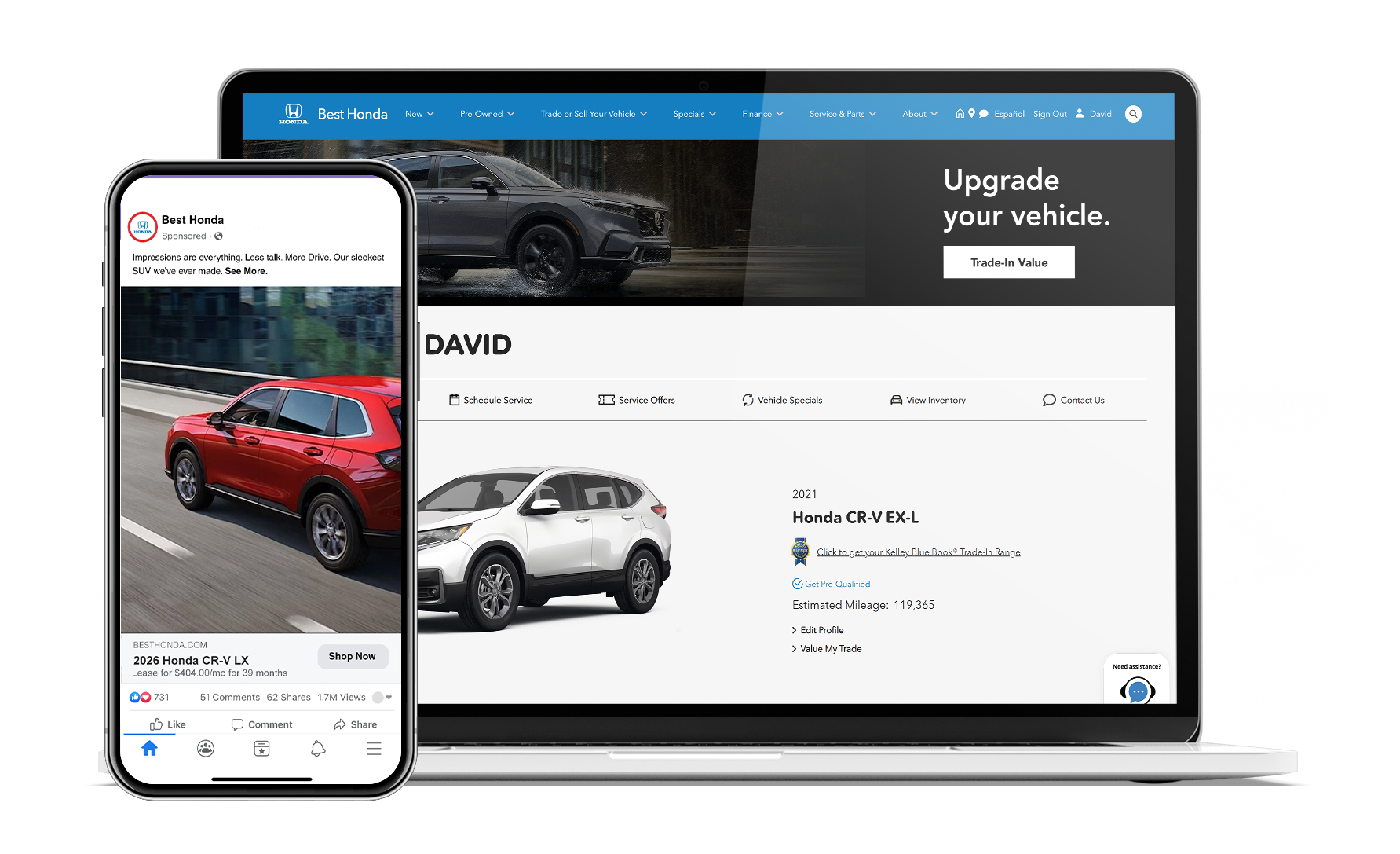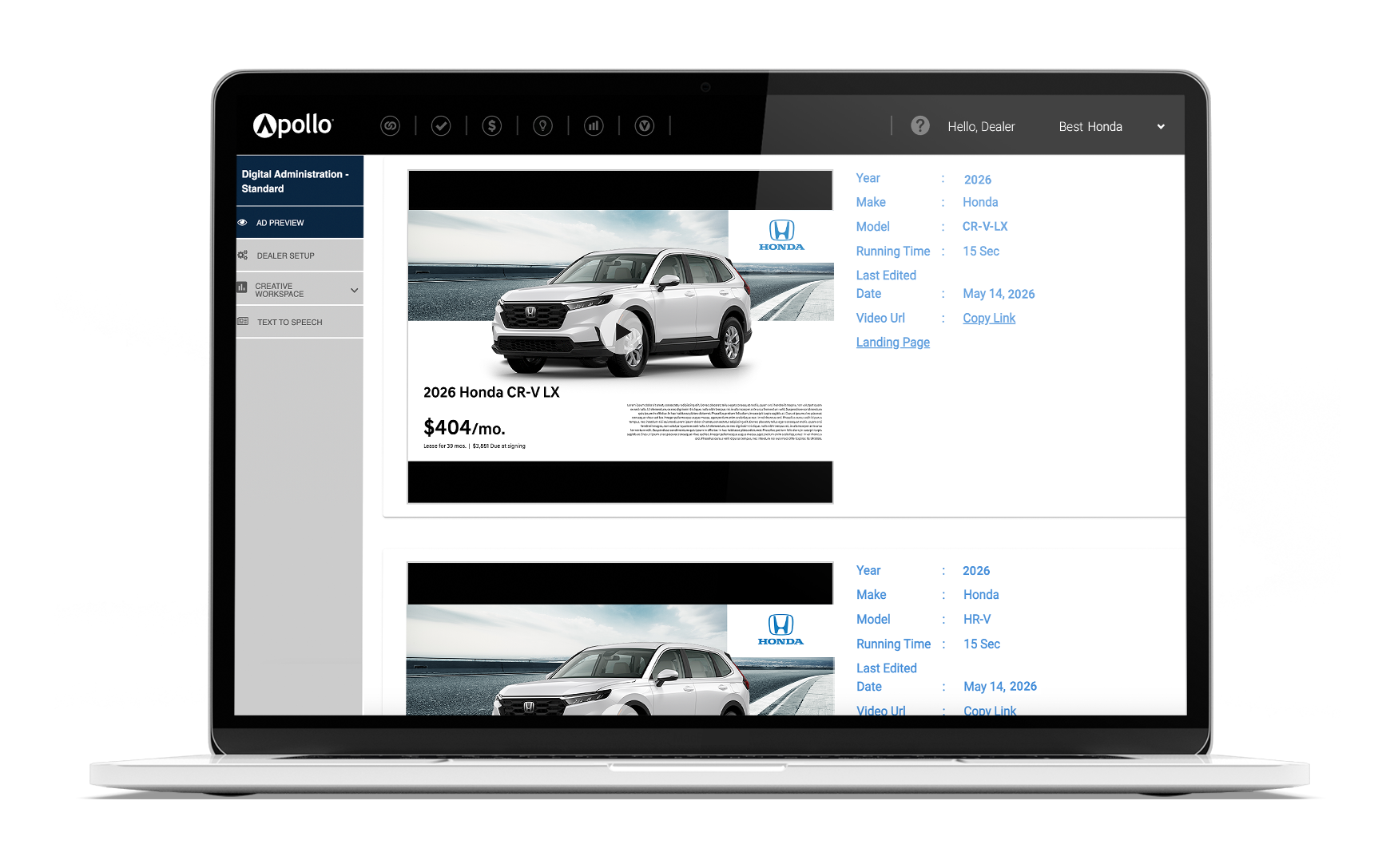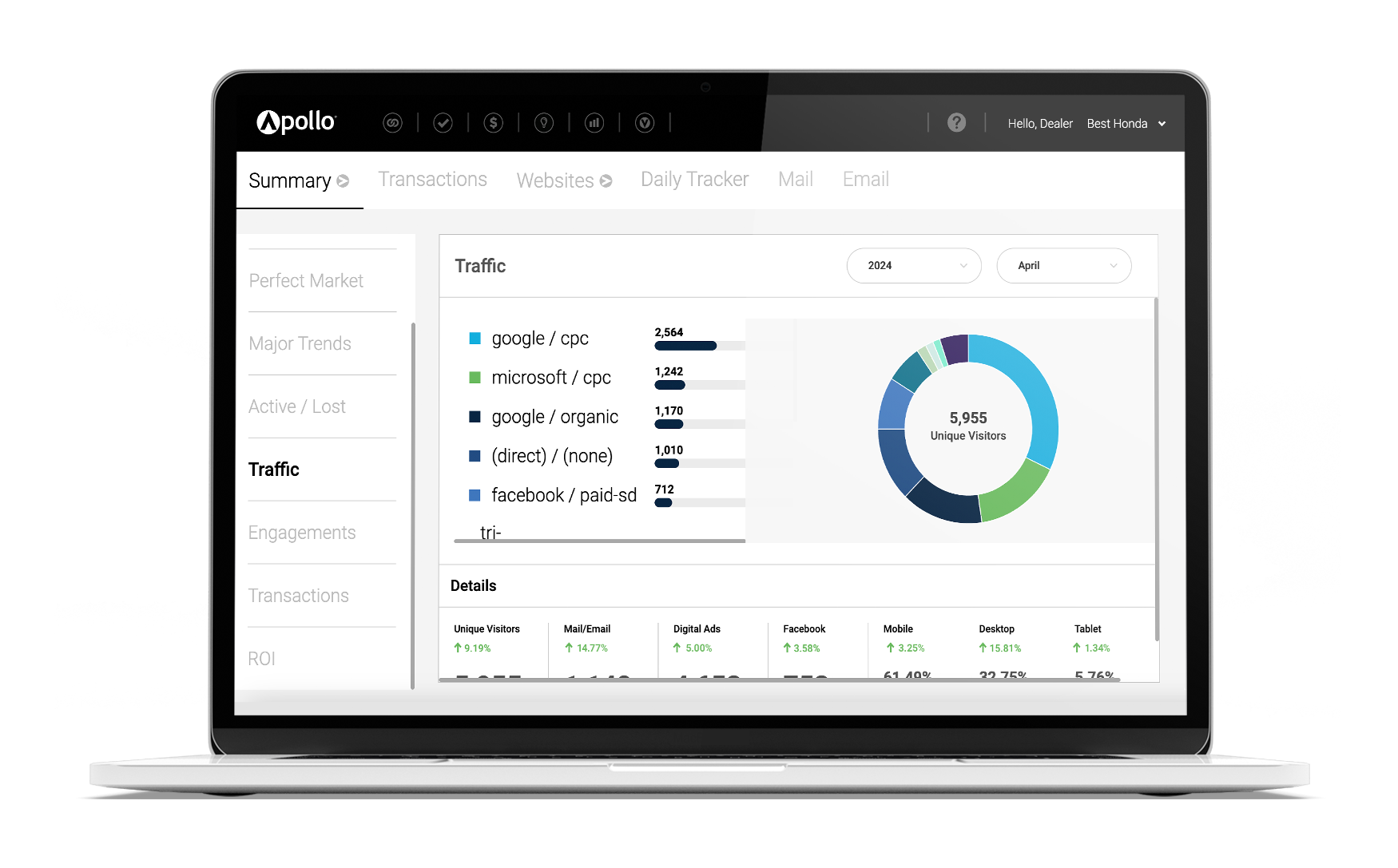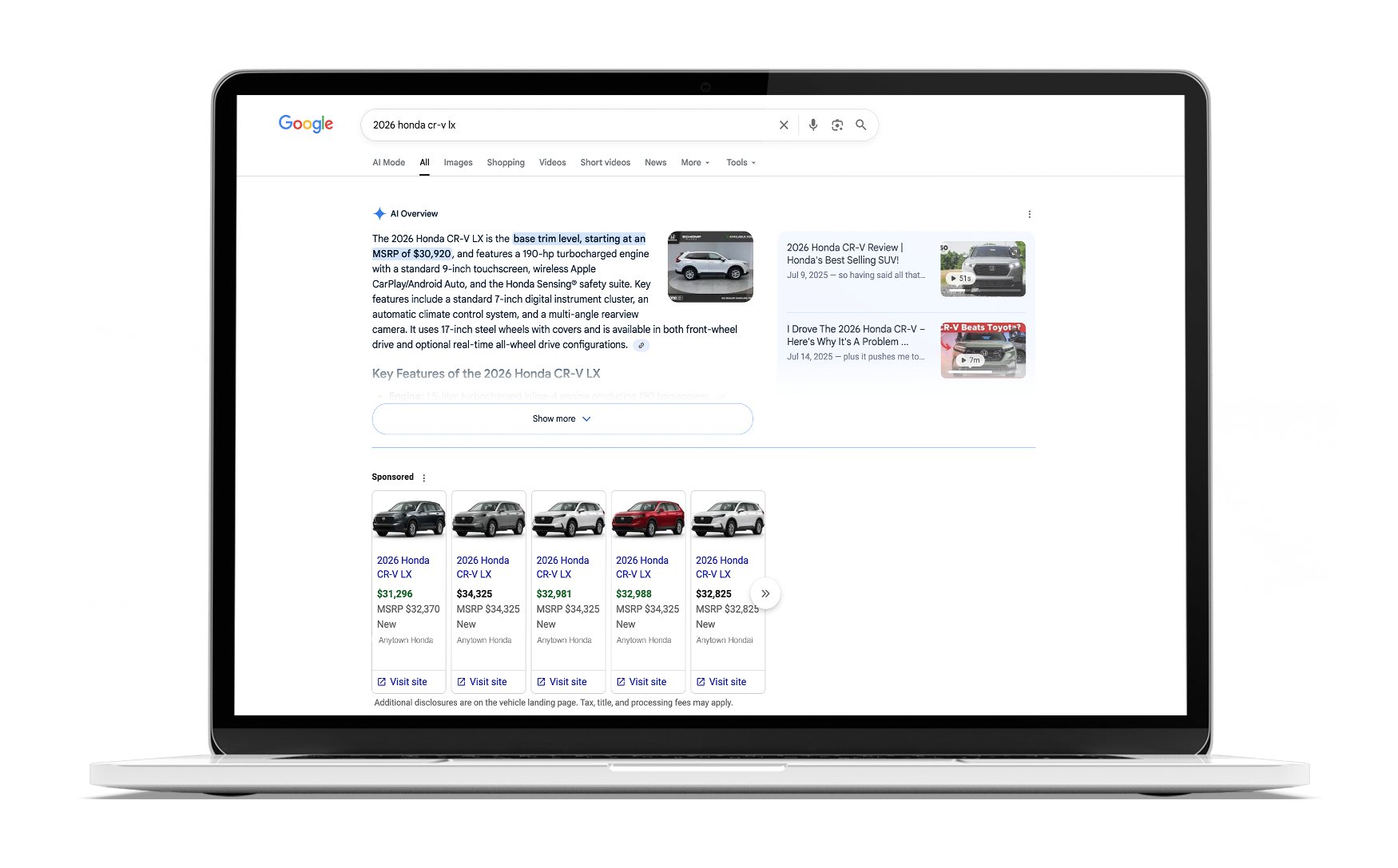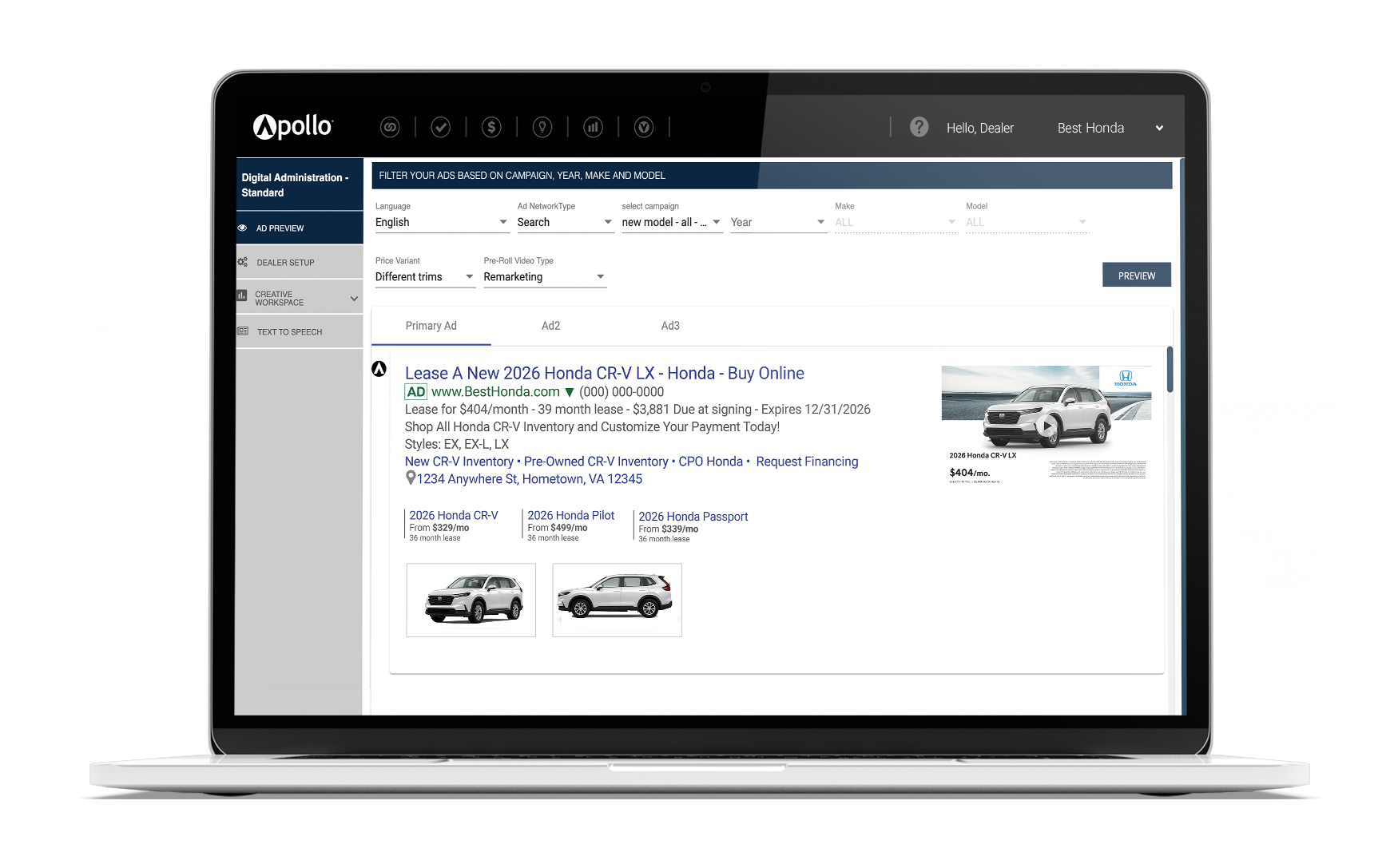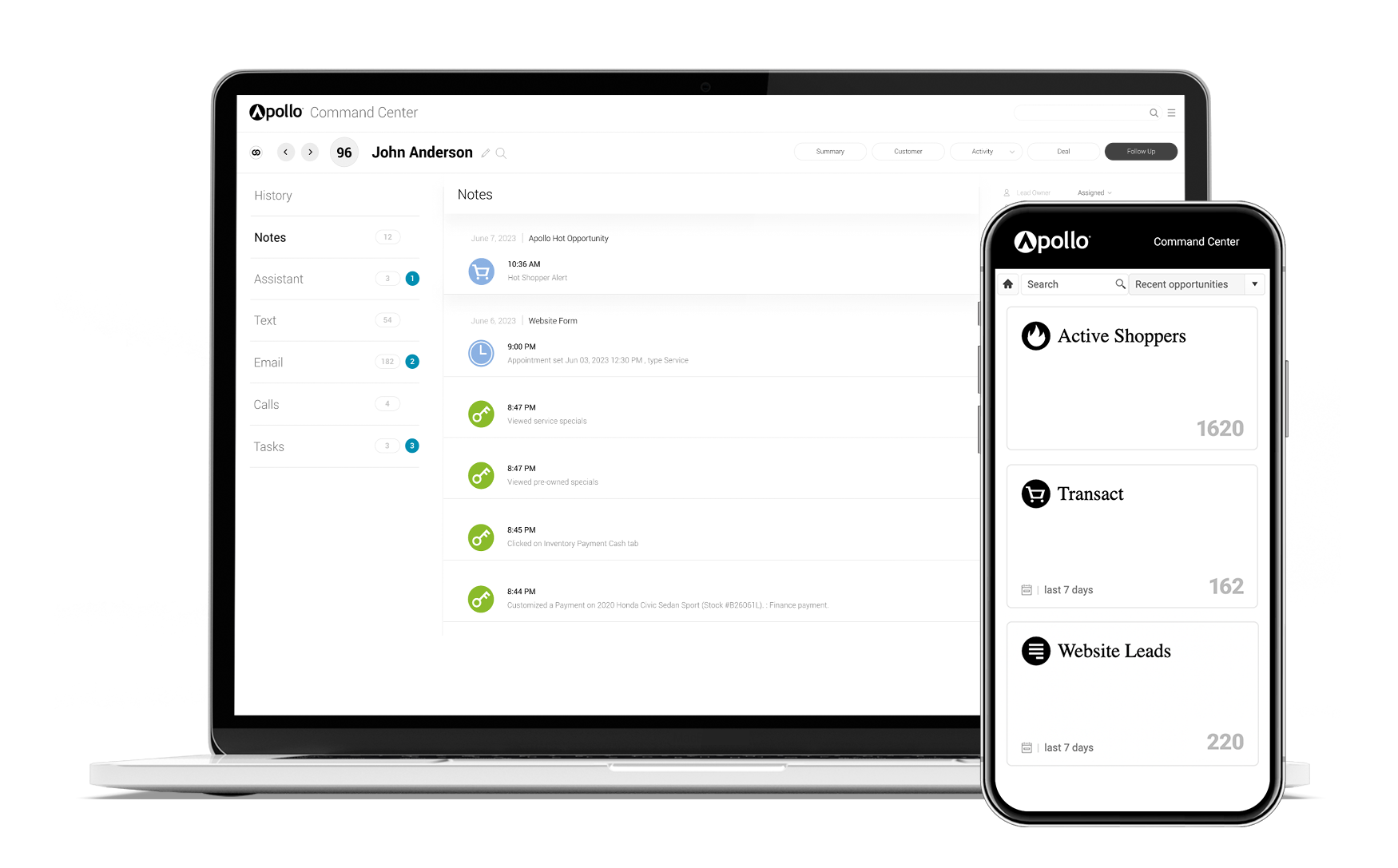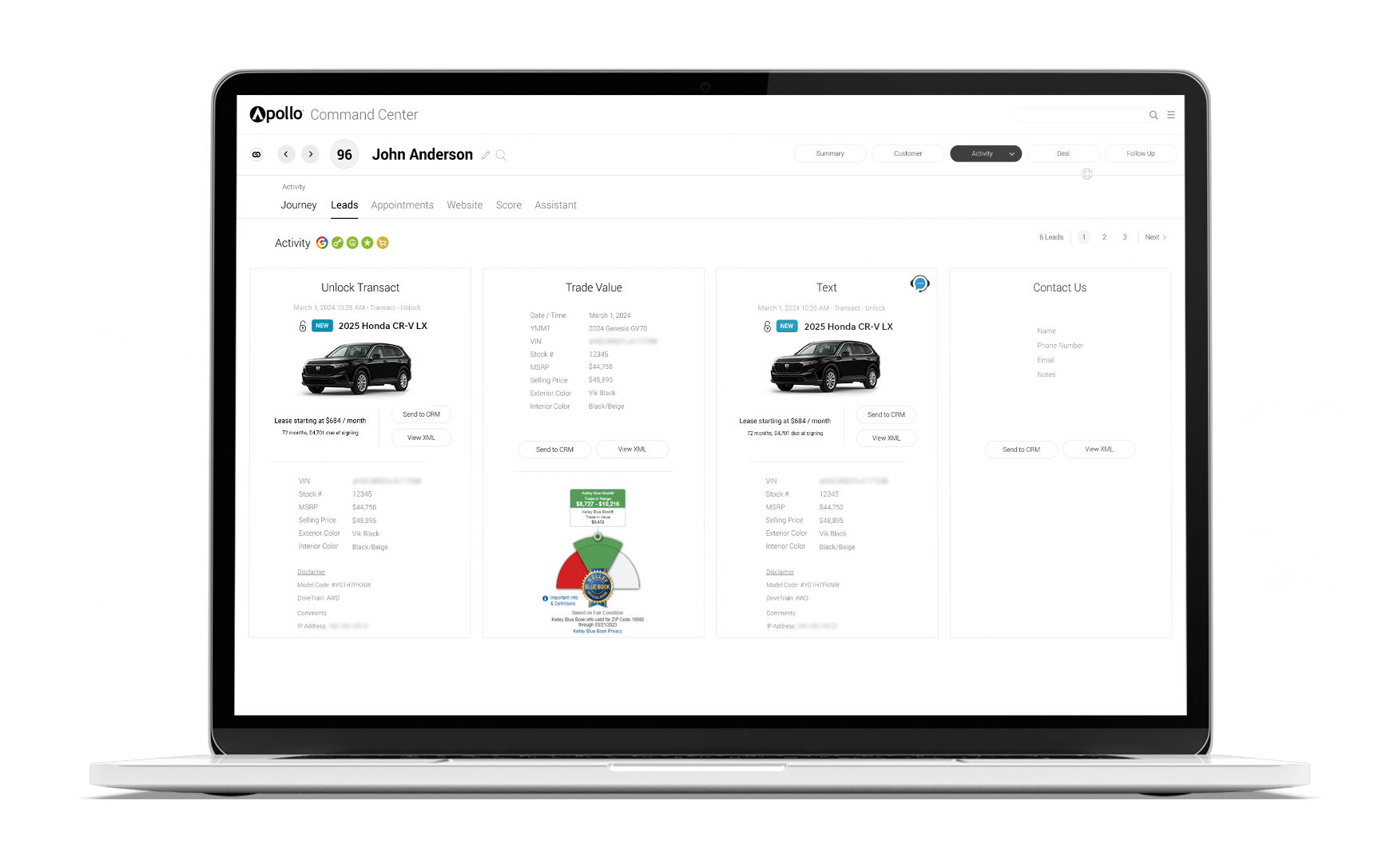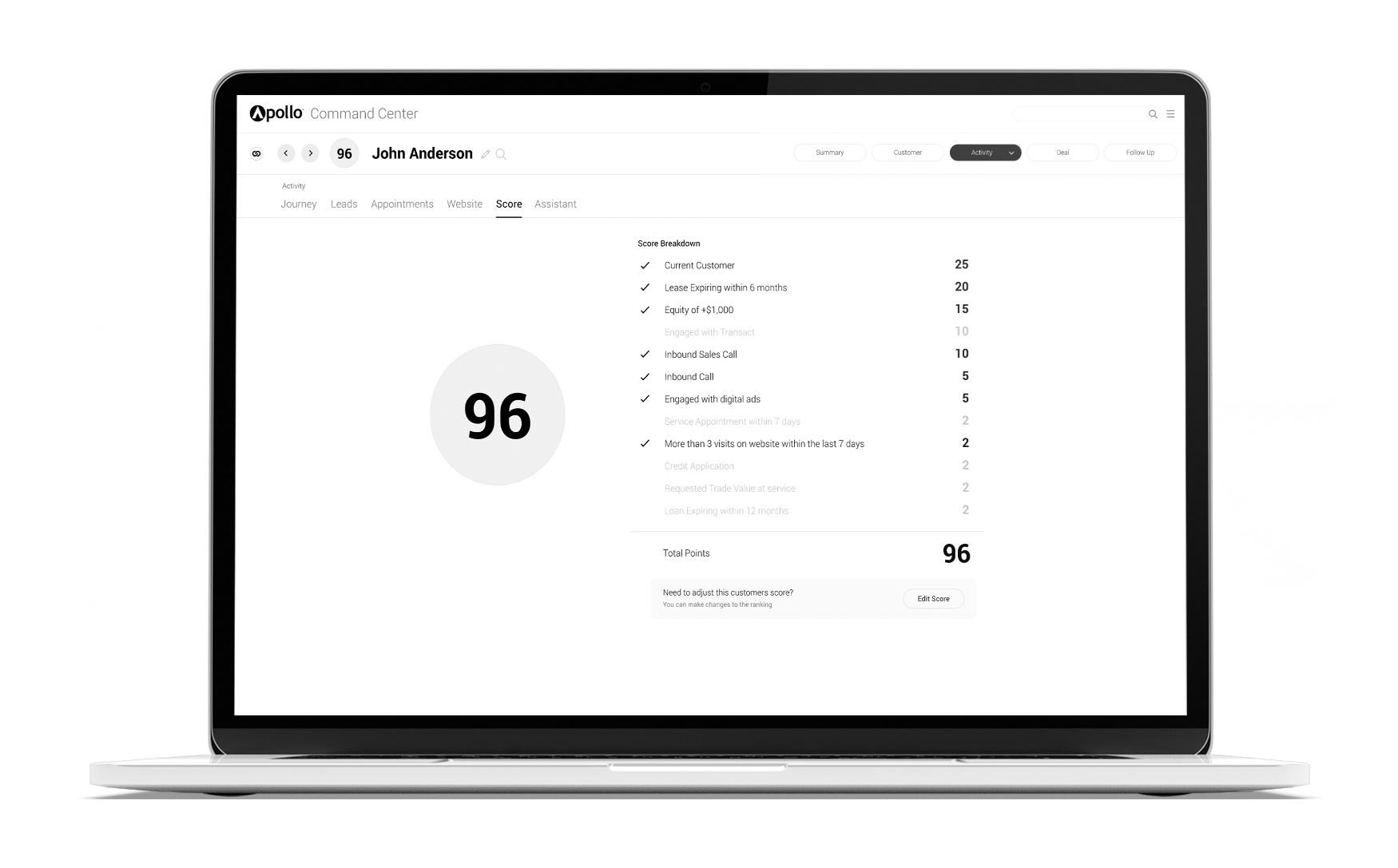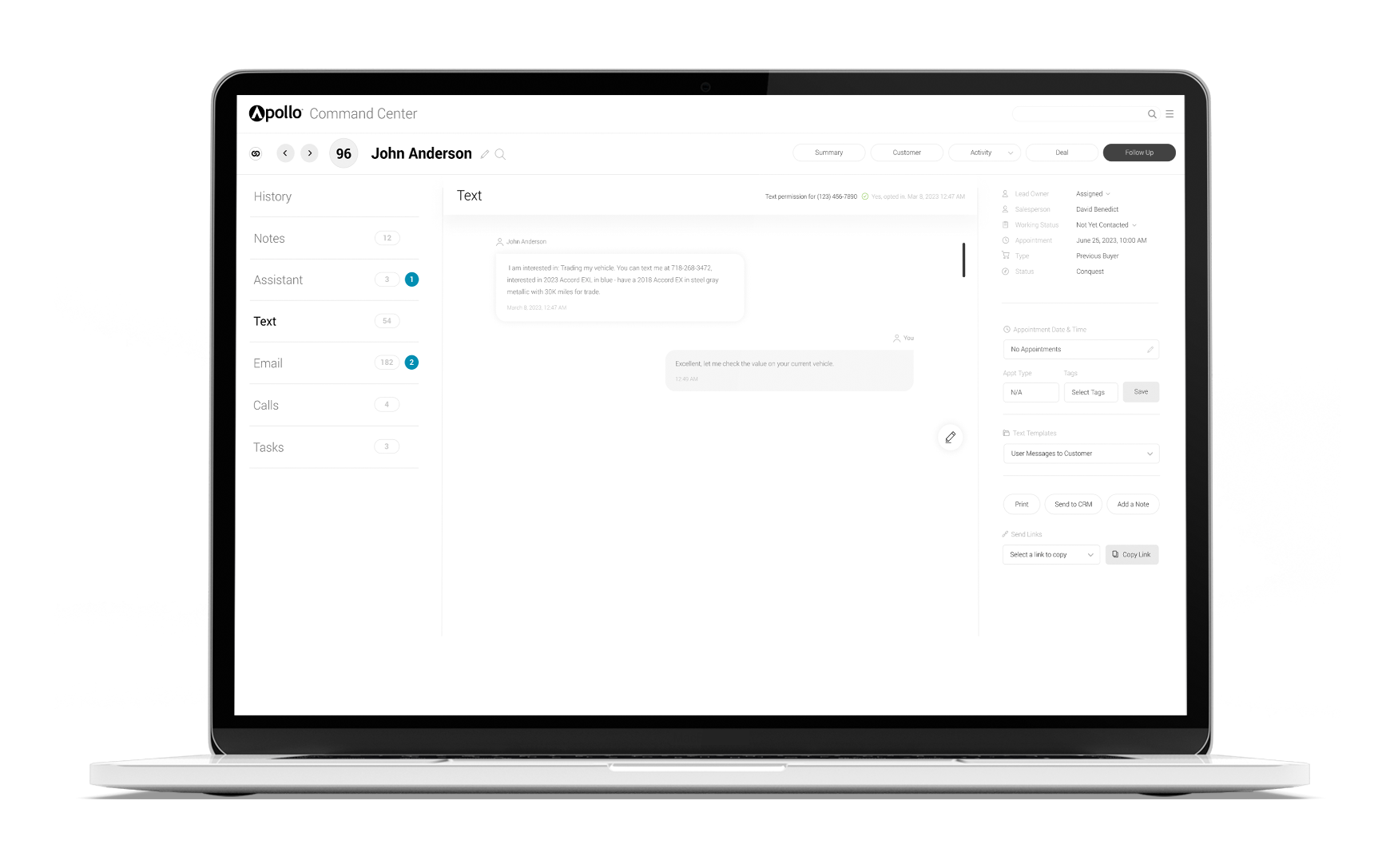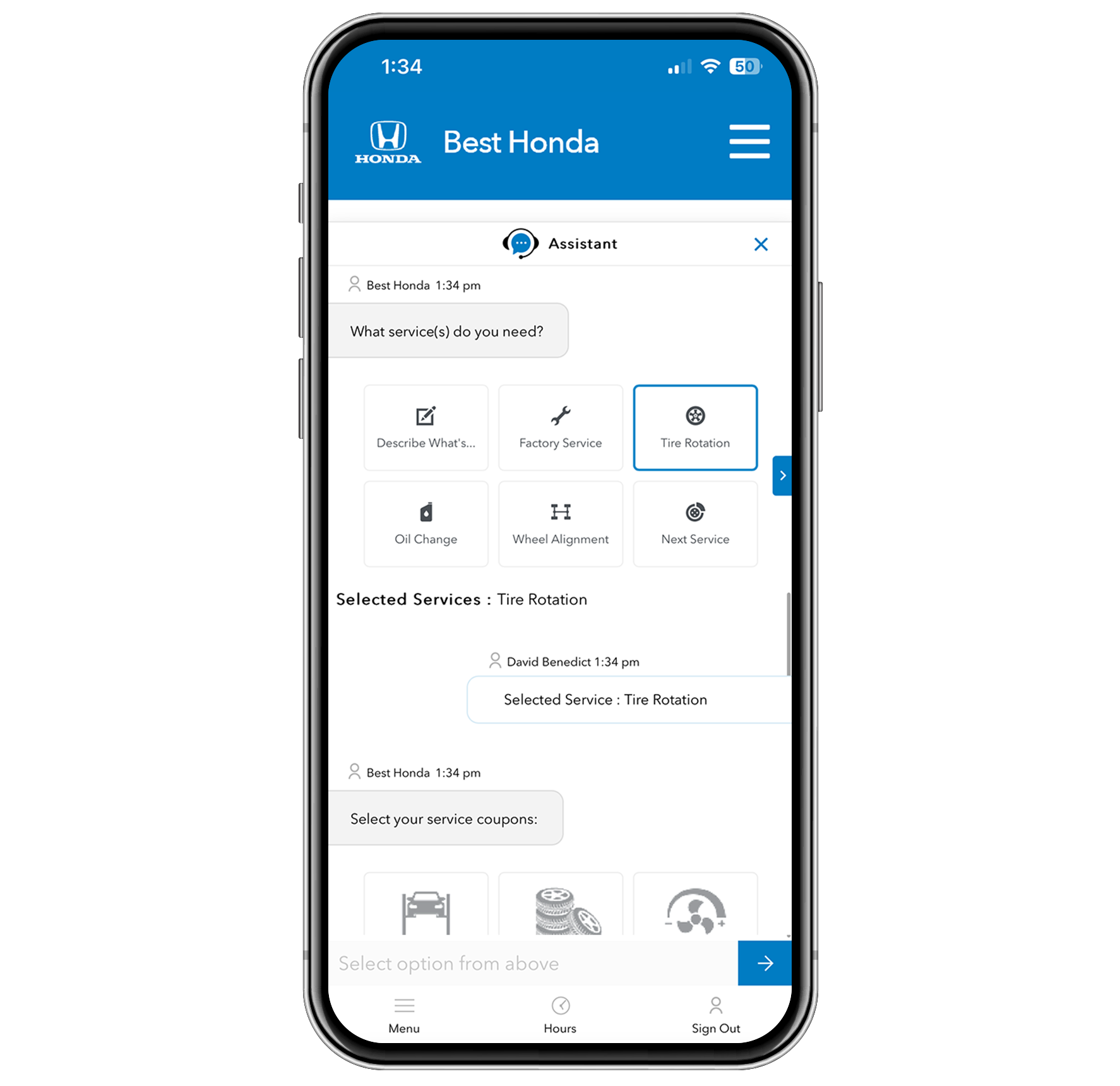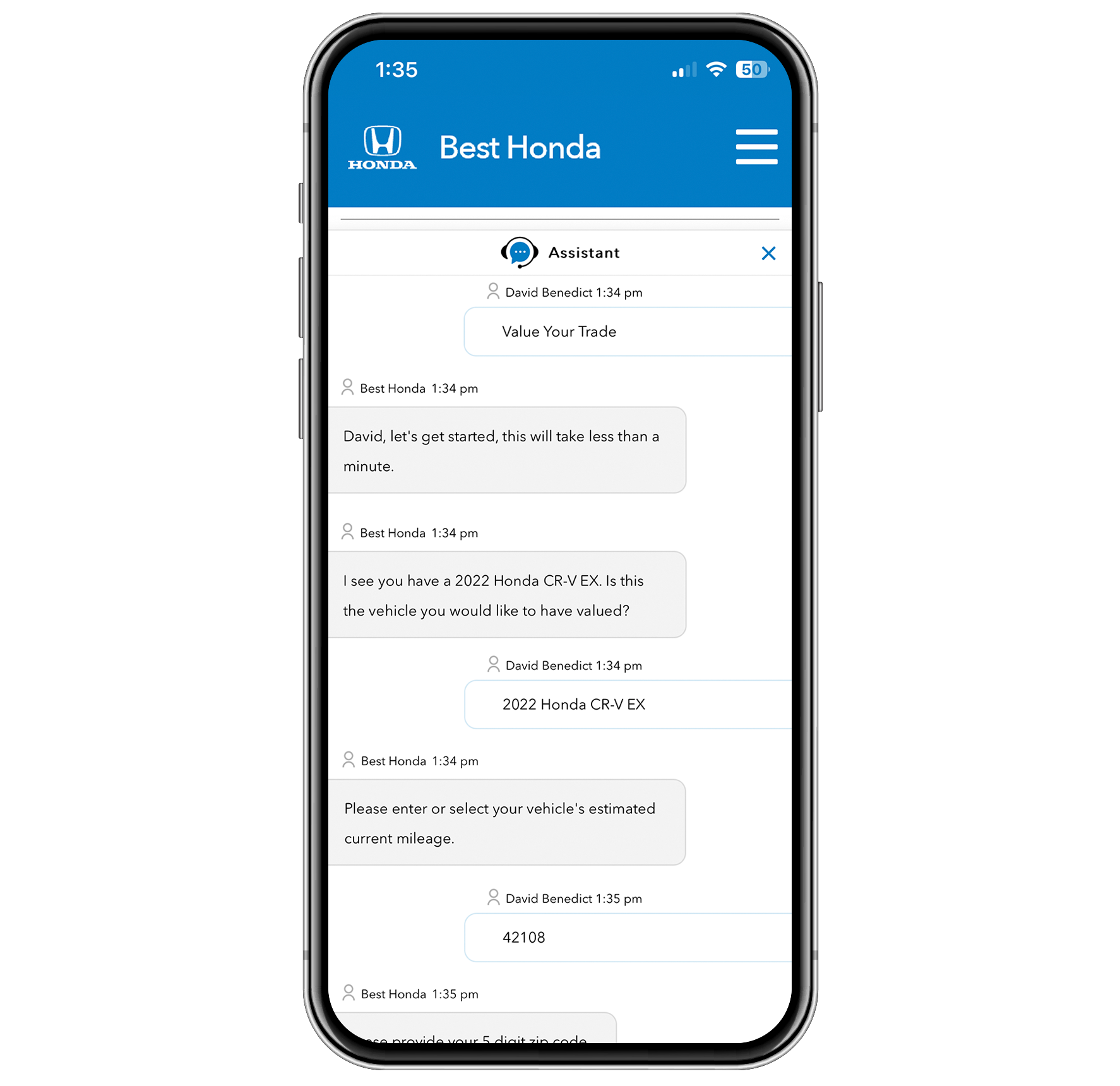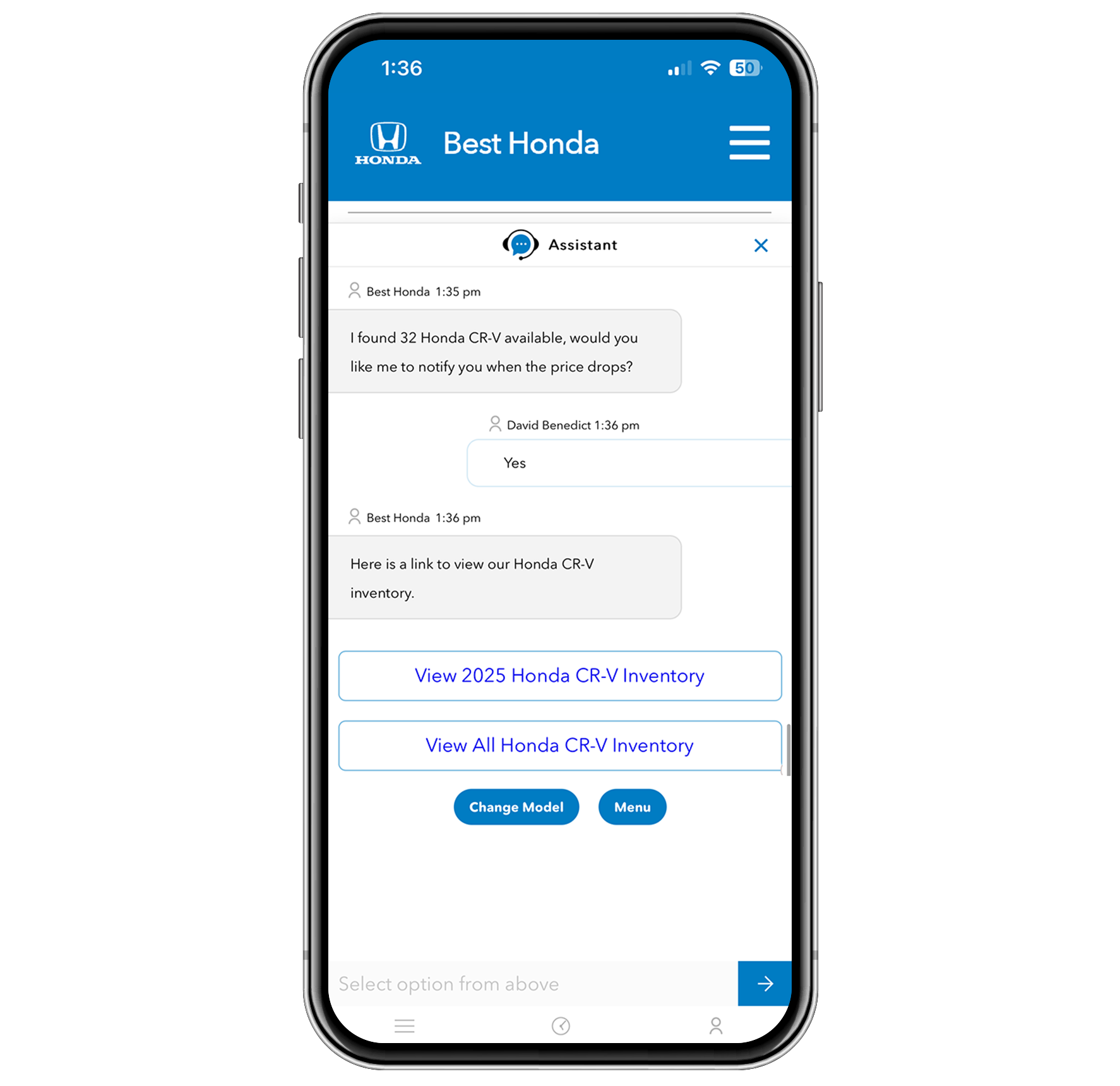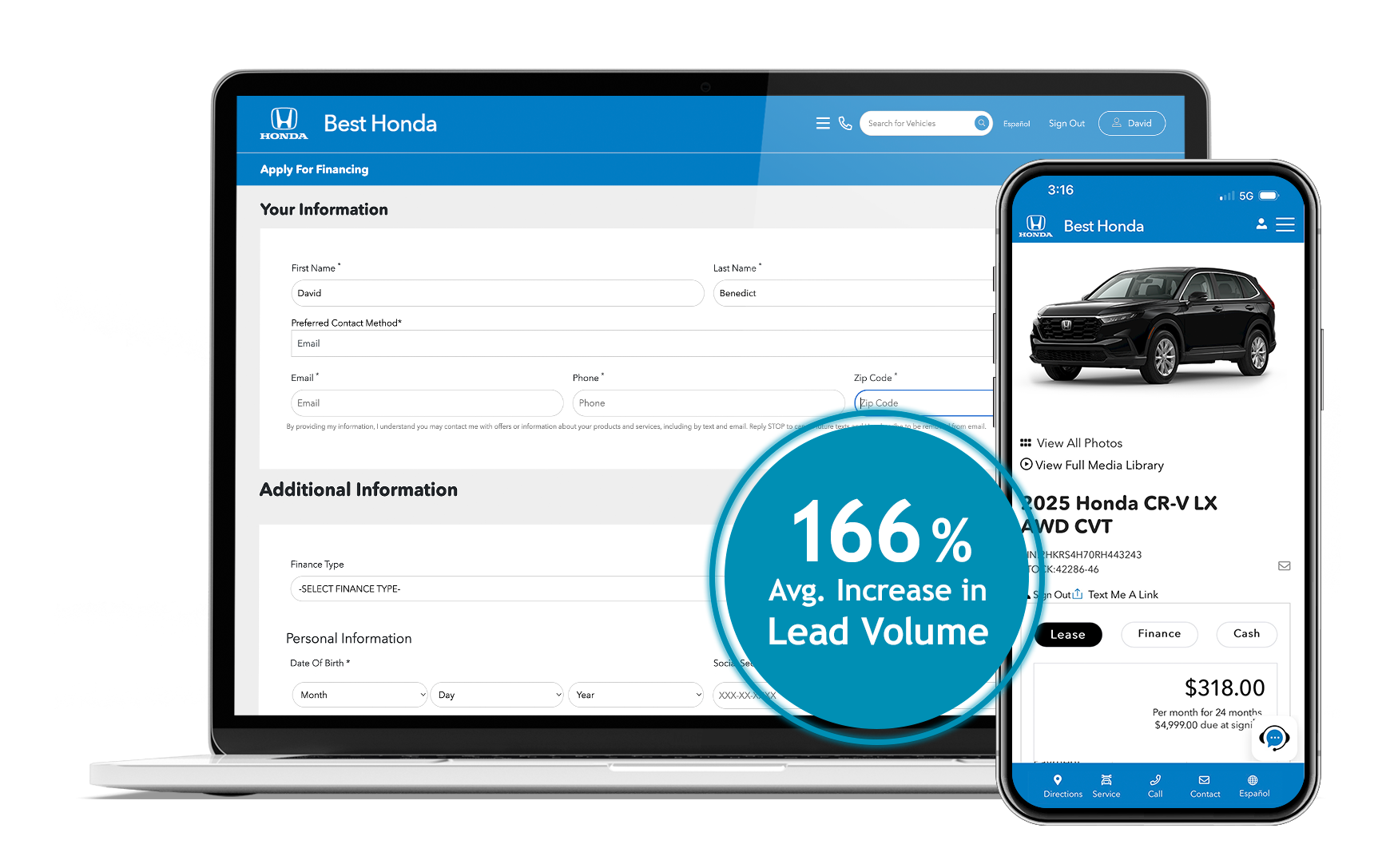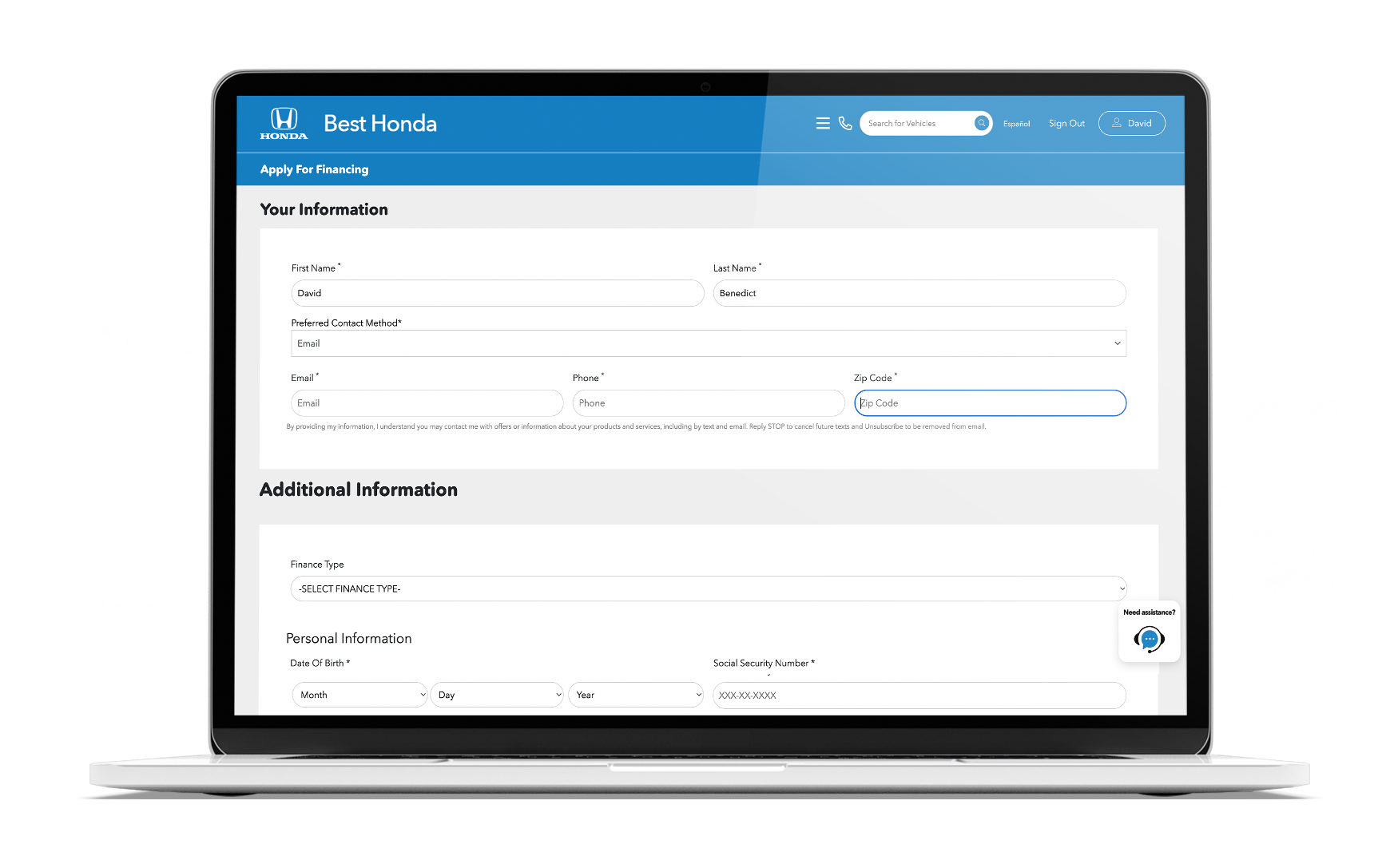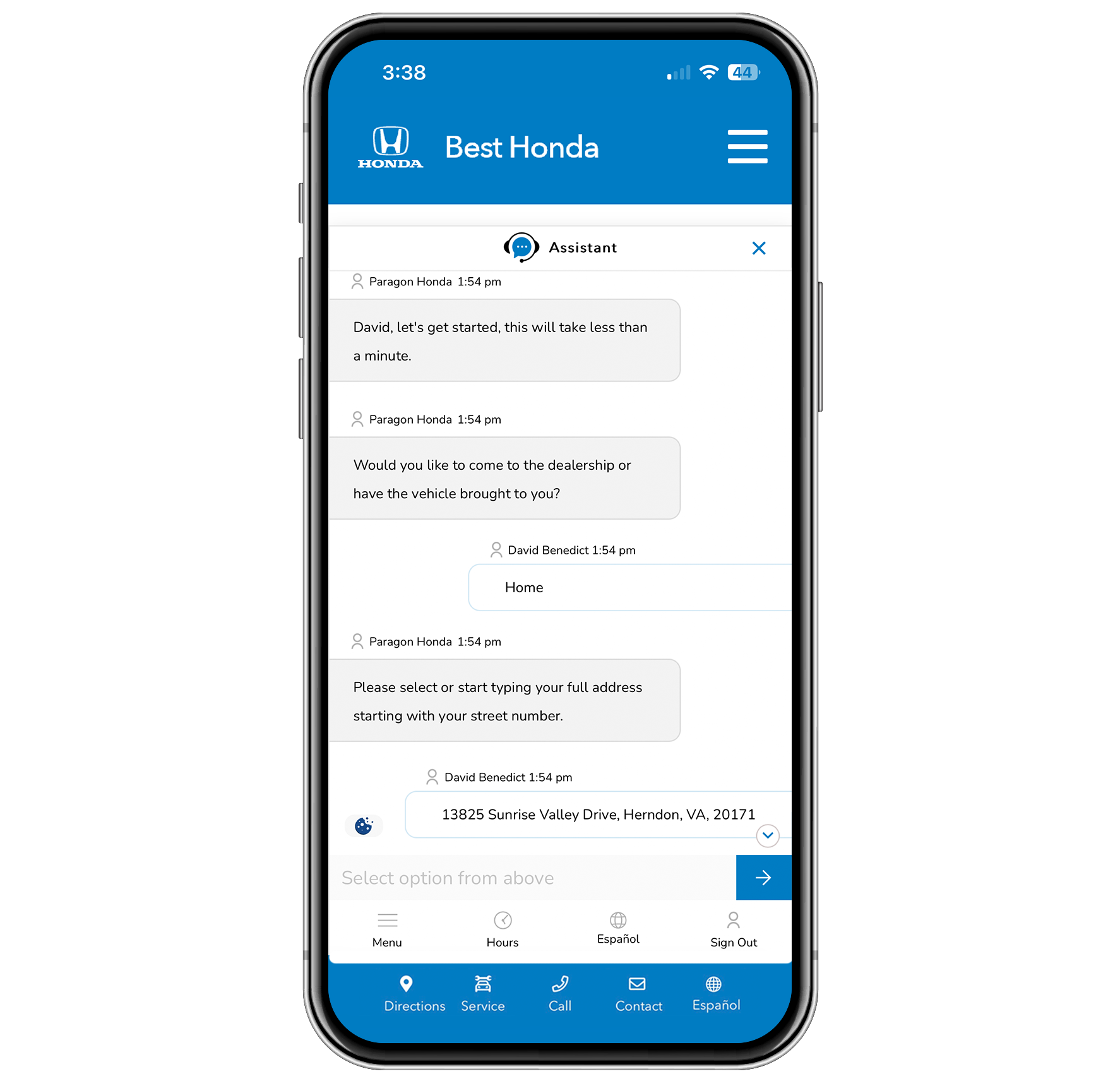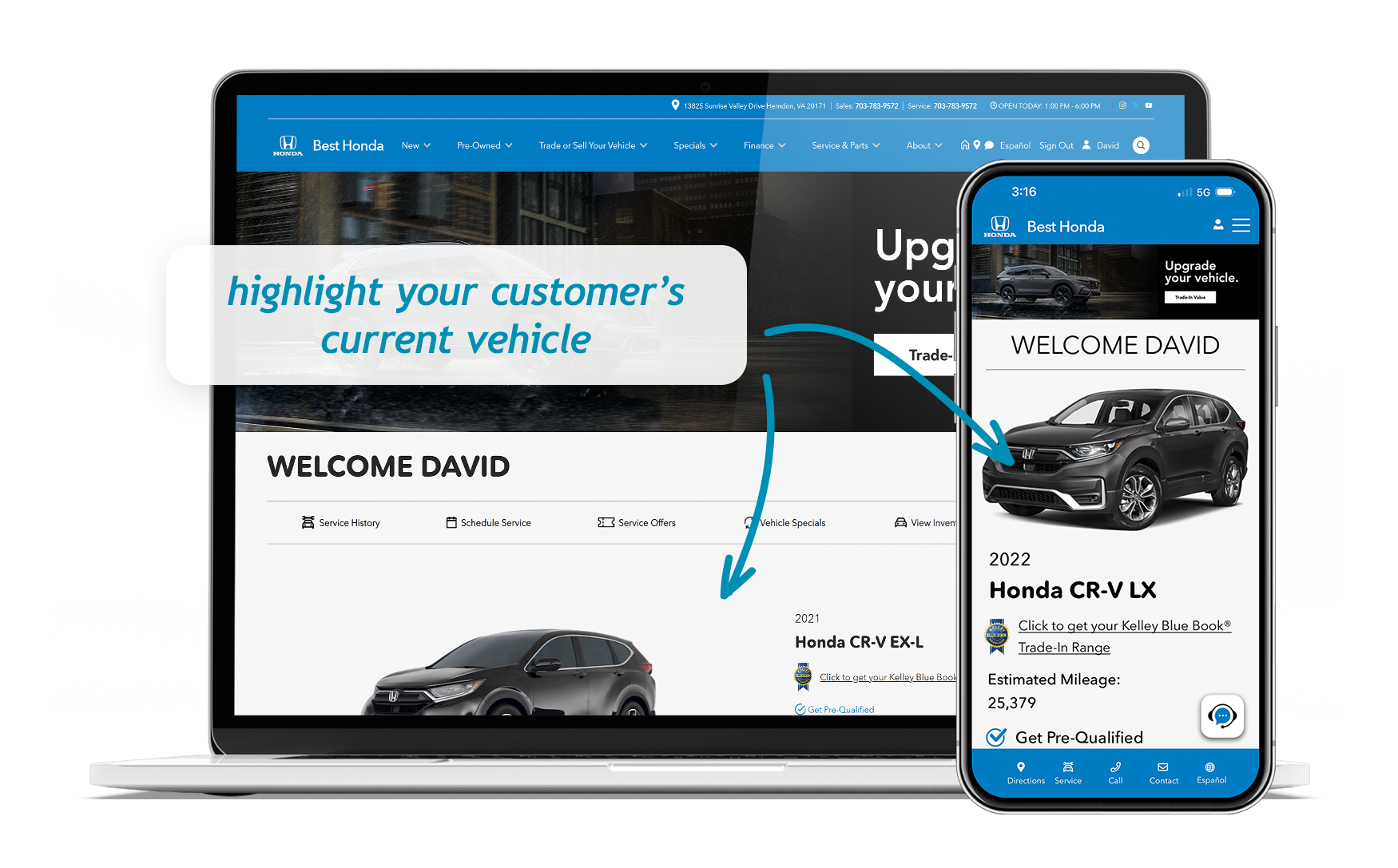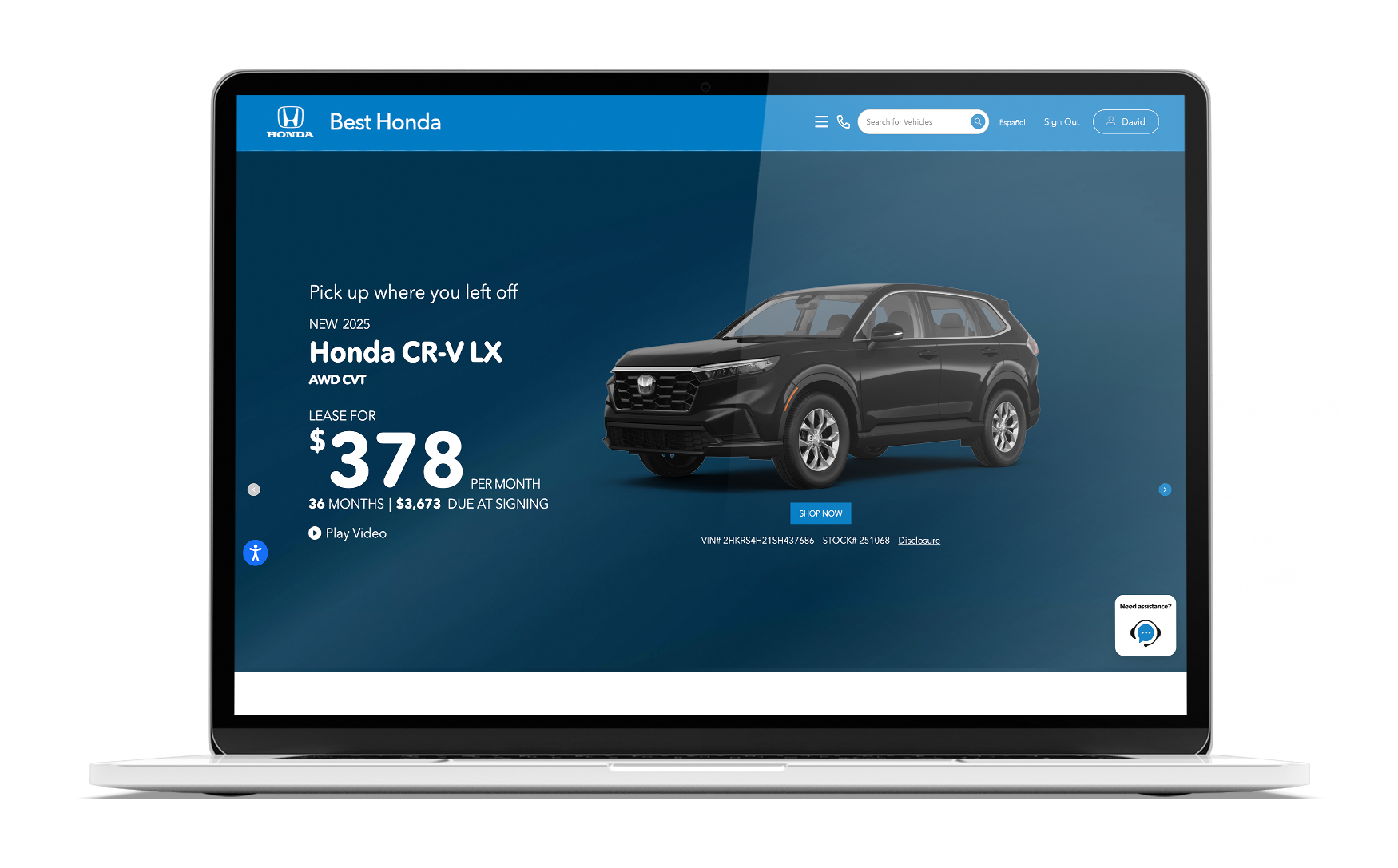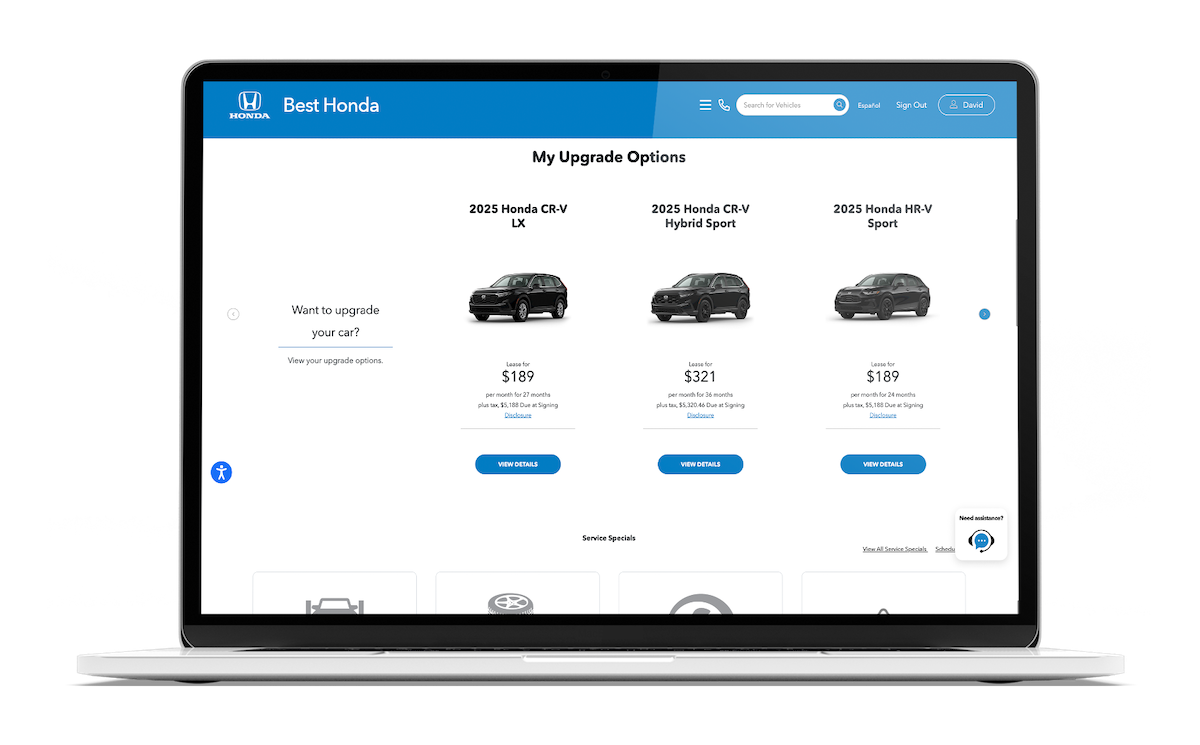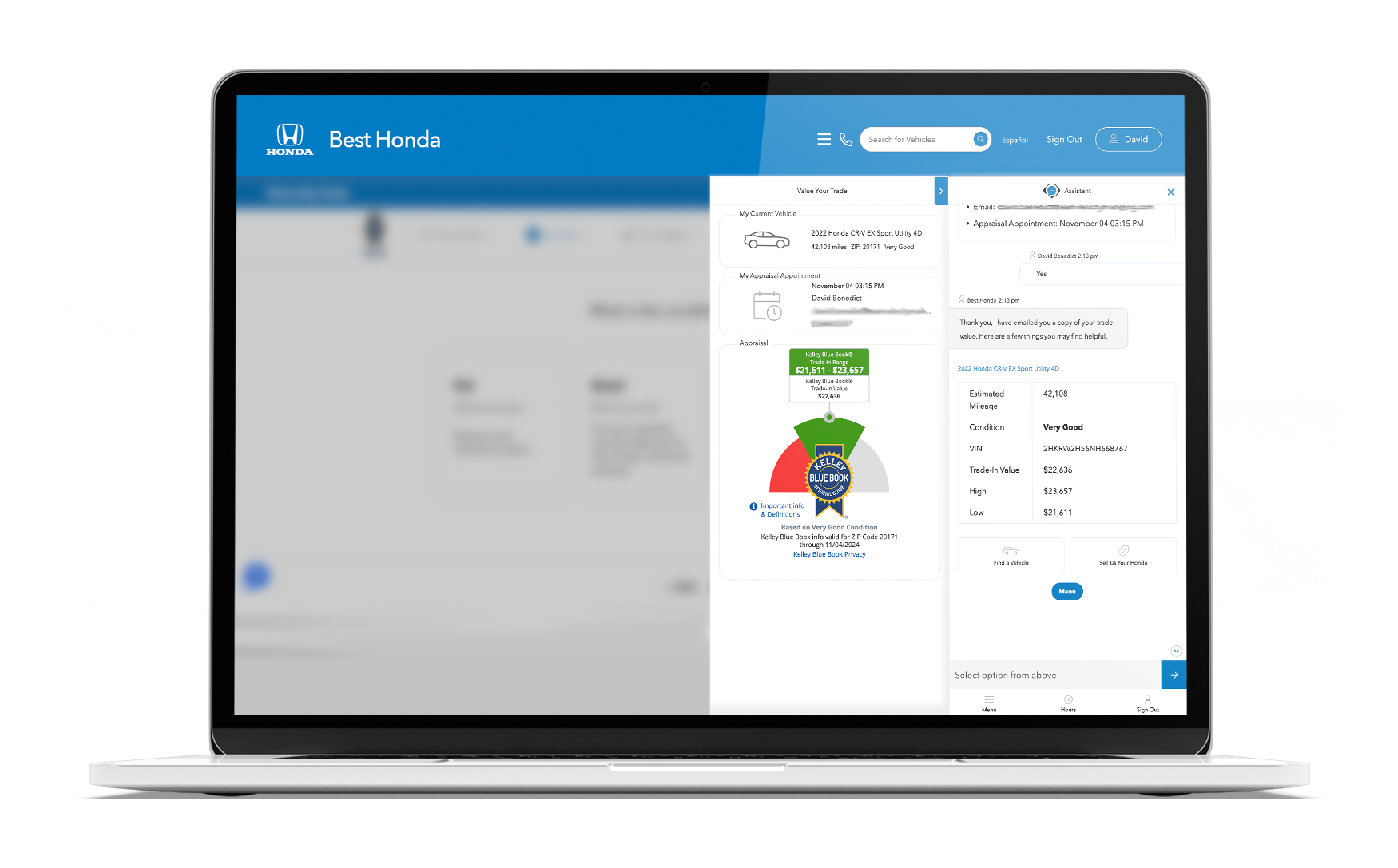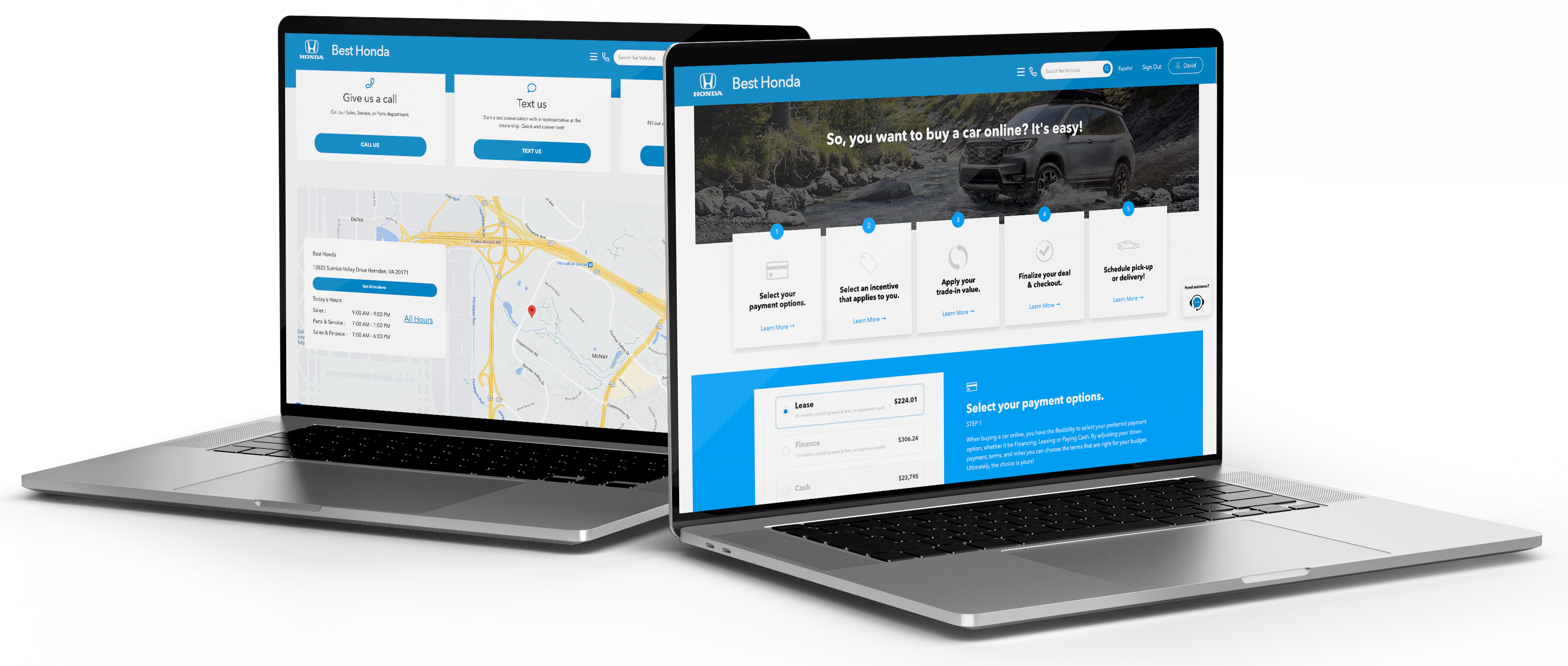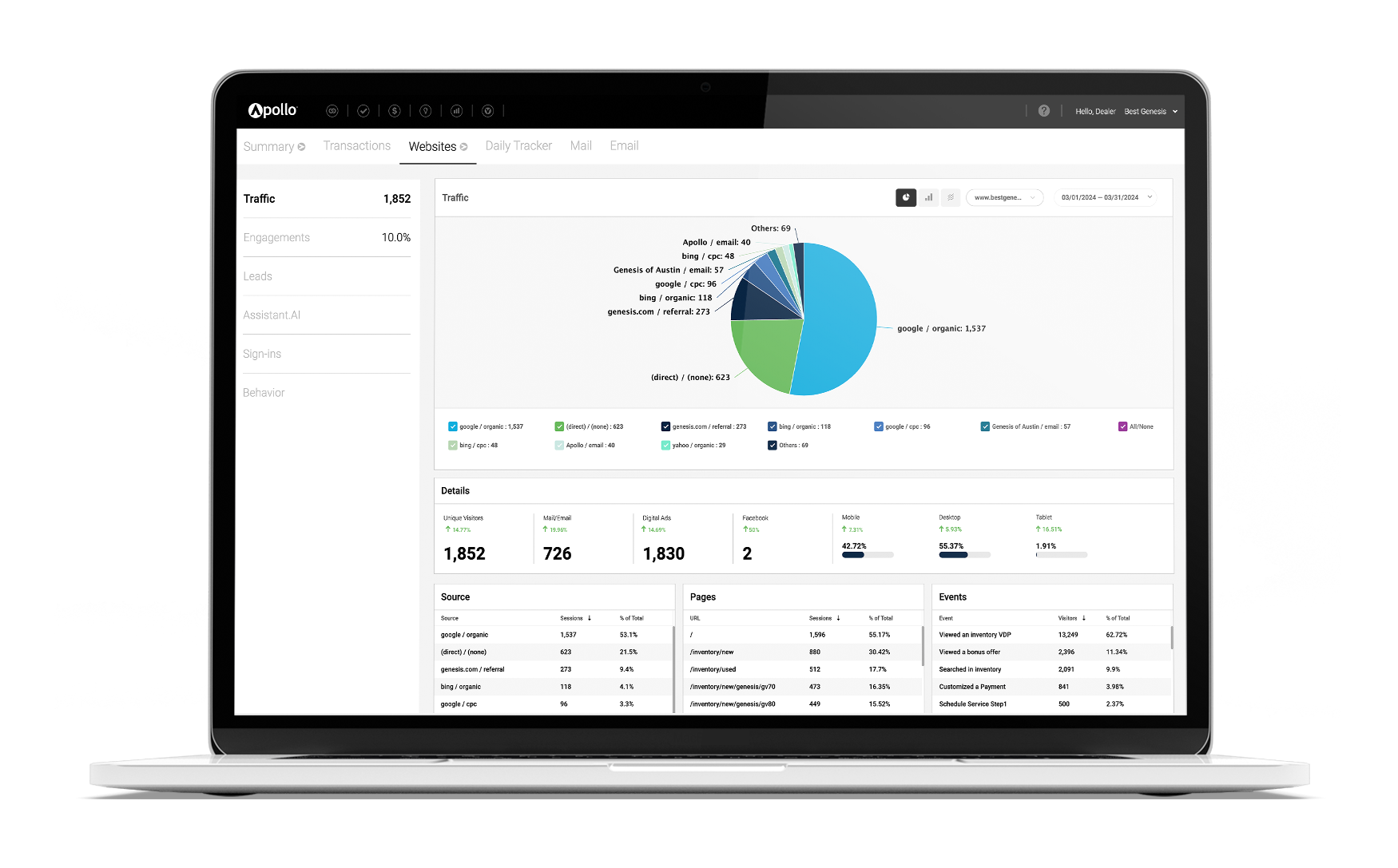Fragmented Systems Hurt Your Business—Here’s How AI Can Fix the Automotive Industry’s Tech Mess
By David Boice, Co-Founder and CEO at Team Velocity

While speed is essential for businesses to stay ahead, relying on vendors to independently drive technology strategies can result in expensive and disconnected systems. The automotive industry offers a prime example of this situation. A single car manufacturer might rely on multiple proprietary platforms for inventory management, vehicle diagnostics, financing solutions, and after-sales service.
Each platform often comes from a different vendor, none of which plays nicely with the others. This leaves car dealerships to juggle clunky, unintegrated dashboards and frustrated customers. Artificial intelligence (AI) is now tipping the balance of power back to businesses by stitching together data from disparate sources, breaking down silos, and creating a unified, consumer-focused technology stack.
Escape the Patchwork Trap
The automotive sector is notorious for its fractured tech ecosystem. Original equipment manufacturers (OEMs), dealers, and third-party vendors typically operate with their own data standards and communication protocols. This patchwork structure burdens employees with a constant need to reconcile conflicting data, often leading to errors in service records, sales projections, and customer support interactions. Deploying AI-driven integrations helps companies unify these systems at scale to deliver real-time business intelligence that addresses siloed data and reduces inefficiency.
A patchwork of tools doesn’t just slow internal processes; often, it also leads to a disjointed customer experience. When each department works off its own proprietary interface, messaging can become inconsistent and create friction for potential buyers seeking a clear answer. The end result is a drop in customer satisfaction and reduced loyalty, as people have little patience for repetitive questions or contradictory updates. AI integrations get you out of this mess by aggregating data streams and ensuring every department has access to accurate, up-to-date information.
Prioritize Performance Over Vendor-Driven Self-Interest
Too often, vendors focus on securing market dominance rather than on what aligns best with a company’s goals. For instance, a dealership might be nudged to adopt an additional marketing module from the same vendor that supplies its CRM, regardless of whether it’s the most efficient tool. Over time, this vendor-driven approach accumulates tech bloat—an overabundance of apps and platforms that suck up budgets without delivering commensurate value. AI repaints this picture by allowing companies to integrate multiple solutions on a single plane rather than on vendor lock-in.
AI can also highlight redundant apps and processes that don’t serve the organization’s strategic goals by analyzing cross-departmental data. Instead of continuing to pay for platforms that only partially integrate or whose core function duplicates another tool, businesses can streamline their ecosystems for better efficiency and profitability while preserving maximum flexibility for future tech upgrades.
Create a Seamless, Customer-First Experience with AI
A critical value of AI in technology ecosystems is its ability to connect diverse data points in real-time. In automotive, for example, one buyer’s online browsing history, financing preferences, past service records, and even in-store visits can all be pulled together by AI to create a frictionless engagement funnel. This personalized approach is no longer a nice-to-have; consumers increasingly expect it as a default.
AI can also anticipate consumer needs, a crucial advantage when retention hinges on timely, relevant interactions. Whether scheduling maintenance before a critical part fails or sending an alert about an ongoing dealership promotion, proactive engagement builds trust and loyalty. Every interaction, from marketing emails to real-time chats, becomes more meaningful when the underlying data is cohesive, up-to-date, and powered by intelligent insights.
Data-Driven Strategies for Profitable, Ethical Growth
As artificial intelligence becomes more advanced, it enables richer analytics, predictive modeling, and the automation of routine tasks. Advanced tech can now show dealerships that a certain vendor-provided module is underutilized. This way, leadership is able to pivot resources toward higher-impact initiatives. Such insight-driven changes protect the integrity of consumer-facing systems and strip away unneeded layers to prevent confusion. This slashes operational costs and reinforces ethical growth, as customers benefit from simpler, more transparent interactions.
Data privacy and consumer protection further gain renewed importance under this model. Rather than scattering customer information across multiple vendor platforms, sensitive data remains consolidated for a decreased chance of breaches. With AI monitoring data flows, companies can more easily comply with regulations and protect customers from unwanted data sharing. In short, an integrated AI approach offers a clear path to profitable, ethical operations that prioritize long-term brand loyalty over short-term vendor relationships.
Take Control of Your Tech Destiny
To thrive in the modern era, businesses need the agility to adapt and innovate at their own pace, not at the speed dictated by their vendors. When technology adoption, integration, and upgrades are driven by external parties, it often results in rigid, disconnected systems that stifle innovation. Artificial intelligence offers the potential to break these silos by offering a unified data foundation that fuels performance and enhances the entire customer journey.
Take charge of your technology strategy to build a culture of continuous improvement, respond more effectively to market changes, and cultivate lasting customer relationships through seamless experiences—transforming from a vendor-led model to an internally driven engine of innovation.
Source: AI Journal



















